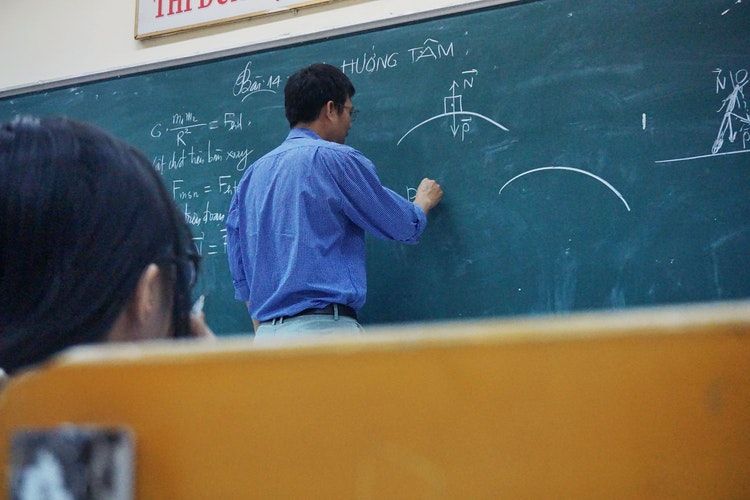Foreign academics “in debt” after paying thousands in UK visa fees
Academics and professors from overseas are heavily indebted after having to pay for visas and permanent residency to continue working in UK universities.
Employees from outside the European Union (EU) are granted temporary work visas which last five years. Afterwards, they have to pay £2,389 to apply for permanent residency, a law set on 6 April 2018. The cost has increased 4%.
Later this year, the cost of employer-sponsored visas will be increased to £3,220. It includes an immigration health surcharge of £400, which has been doubled from £200 in April. Accompanying family members will require individual visas.
Since EU nationals can no longer automatically apply to live and work in the UK, academics from EU nations may also be subjected to fees after Brexit.
Dr. Gareth Edwards, an Australian citizen and geography lecturer at the University of East Anglia, currently spends 30% of his salary on visas. He told Times Higher Education (THE) that he was surprised when the university refused to assist with visa costs after offering him the position, despite being “eligible for a relocation allowance”.
He said: “Particularly in the context of Brexit, if universities won’t cover these costs for international staff then they stop coming and they will leave.”
Mark Pendleton, an Australian national working in Japanese studies at the University of Sheffield, said: “Universities want to talk about how international they are, but what does that mean in practice?”
Universities want to talk about how international they are, but what does that mean in practice?
“For international staff, it doesn’t mean anything at all other than big frustration. I know of several cases of people who have jumped ship because it’s simply unsustainable.
“St. Andrews is seen as the gold standard as they pay all their staff and dependants’ visa costs and offer legal advice too, but many universities don’t provide a thing.”
Dr. Fengying Liu, a postdoctoral researcher in pathology and described by the University of Oxford’s “brightest” and “only possible candidate”, was recruited to Oxford’s Sir William Dunn School of Pathology in October 2017. After her dependency visa for her 22-month-old daughter was rejected by the Home Office, she was forced to “give up hope” of working in the UK and seek work in China.
She told THE: “The reason my daughter got rejected is because we did not apply as a family. I did not understand this at the time. It was also too expensive – about £1,226 per person for the visa application alone.”
Kevin Poulter, an employment lawyer at Child&Child solicitors, said: “The reality is that if we want people to come into the country, it’s going to be down to the employers and not the Home Office to incentivise that.”

Comments